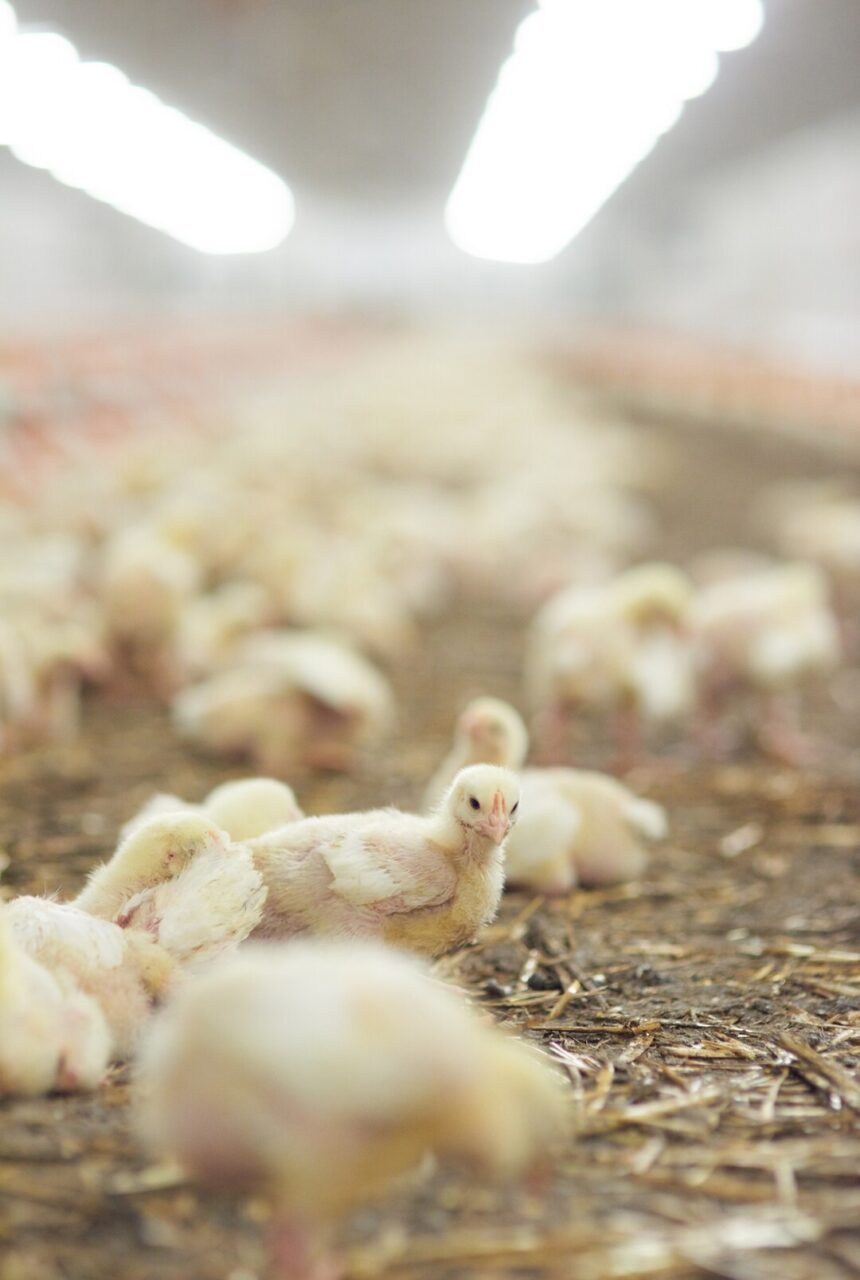Minorca chickens, with their distinctive appearance and commendable egg-laying capabilities, have gained popularity among poultry enthusiasts in South Africa. These birds, known for their elegant stature and prolific egg production, offer unique advantages for poultry farmers. Let’s delve into ten essential facts about breeding Minorca chickens in South Africa:
- Heritage and Origin:
Minorca chickens originated in Spain’s Mediterranean region and were later introduced to South Africa. They belong to the Mediterranean class of poultry breeds and are highly valued for their excellent egg-laying abilities. - Distinctive Appearance:
One of the most striking features of Minorca chickens is their elegant appearance. They have sleek, elongated bodies, upright stances, and large single combs. The breed comes in two recognized varieties: Black and White Minorcas. - Egg-Laying Performance:
Minorca hens are prolific layers, known for their ability to produce large, white eggs consistently. On average, a healthy Minorca hen can lay approximately 200 to 250 eggs per year, making them valuable contributors to egg production operations. - Dietary Requirements:
Providing a balanced diet is crucial for maintaining the health and productivity of Minorca chickens. These birds thrive on high-quality poultry feed supplemented with fresh greens, grains, and occasional protein sources such as mealworms or insects. - Housing and Space Needs:
Minorca chickens require adequate housing and space to thrive. Provide well-ventilated coops or housing structures with ample roosting space and nesting boxes. Outdoor access to free-range areas is beneficial for their physical and mental well-being. - Temperament and Behavior:
Minorca chickens are generally docile and non-aggressive in temperament, making them suitable for backyard flocks and family environments. They are active foragers and enjoy exploring their surroundings, so providing enrichment activities can keep them stimulated. - Reproduction and Breeding:
Breeding Minorca chickens requires careful selection of breeding stock to preserve desired traits such as egg-laying ability, conformation, and color. Utilize breeding programs focused on maintaining breed standards and improving genetic diversity. - Health and Disease Management:
Maintaining optimal health is essential for the well-being of Minorca chickens. Implement a proactive health management program that includes regular veterinary check-ups, vaccinations, parasite control, and biosecurity measures to prevent the spread of diseases. - Market Potential:
Minorca chickens have niche market potential in South Africa, particularly among backyard poultry enthusiasts, small-scale farmers, and specialty egg producers. Their distinctive appearance and egg-laying capabilities make them sought-after breeds for both meat and egg production. - Cultural and Historical Significance:
Minorca chickens hold cultural and historical significance, reflecting centuries of selective breeding and agricultural tradition. By preserving and promoting the breed, poultry enthusiasts contribute to the conservation of heritage poultry breeds and cultural heritage.
Breeding Minorca chickens in South Africa offers a rewarding opportunity for poultry enthusiasts to raise elegant birds with excellent egg-laying capabilities. Understanding their unique characteristics, dietary needs, housing requirements, and breeding considerations is essential for successful management and stewardship of this esteemed breed. By embracing the heritage and potential of Minorca chickens, poultry farmers contribute to the diversity and sustainability of South Africa’s poultry industry.
Join 'Farmers Mag' WhatsApp Channel
Get the latest Farming news and tips delivered straight to your WhatsApp
CLICK HERE TO JOIN






